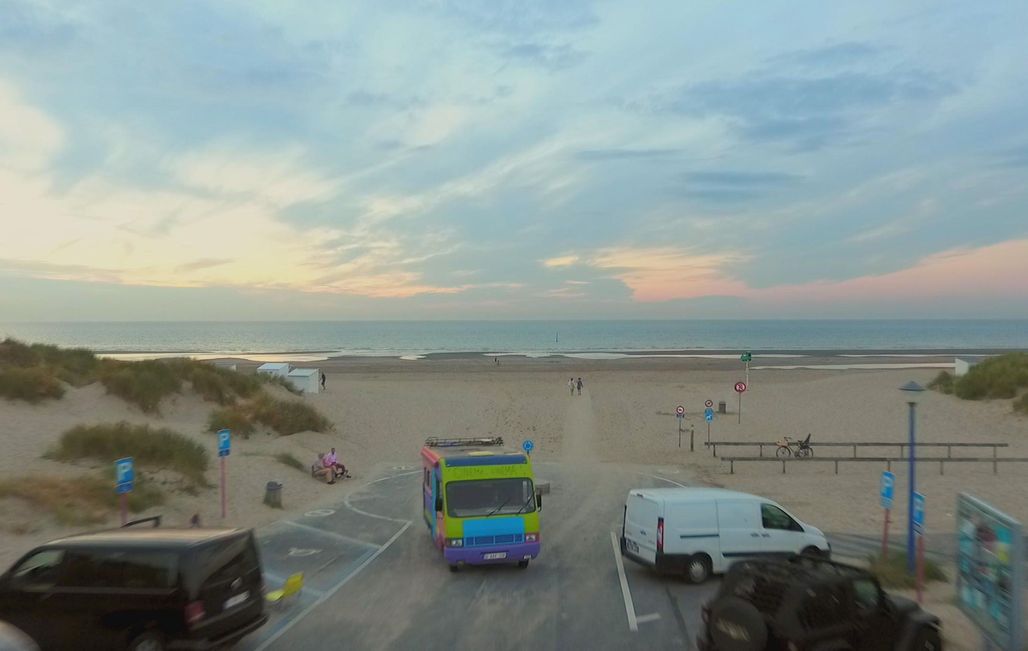
The Belgian’s Road to Cannes

At the wheel of a vintage camping car, the Walloon documentary filmmaker Henri De Gerlache went in search of Belgian directors and actors who have left their mark on the festival. With voice-over by Stéphane De Groodt and images from the archives, La Belge Histoire du Festival de Cannes (The Belgian's Road to Cannes) traces the underlying creative development of a rich and wide-ranging film culture that has maintained its independence, nurtured by Belgium's diverse communities.
Why did you choose Cannes as the prism to narrate the history of Belgian cinema?
First of all, it was because when I was working in the archives, I discovered that the city of Ostende had been one of the candidates to host this festival, before Cannes was selected. In light of this 70th anniversary, this was an intriguing kind of portent for me. And then, it is also a very inspiring leitmotif. The history of Belgian cinema in Cannes is rich in films that are anything but mundane and that have left their mark on the festival. I realised that there is a certain constancy between them.
How did the Festival de Cannes influence the development of Belgian film?
If we exclude these past two decades, which are just the tip of the iceberg, Cannes has enabled the emergence of a bold kind of cinema, without barriers, typically found in a country that does not have a long history, less anchored in traditions. Cannes has also enabled Belgian cinema to remain independent.
How do you explain this freedom of expression?
By the absence of a developed film industry with all its rules. This situation obliges filmmakers to reinvent themselves, to create new forms to be able to exist in the face of more organised industries. This takes real creativity for each film. But if it can be said that Belgian cinema has developed its creative powers because it is underfinanced, there are also ambitious films that never get made beause of this lack of financial means. This is a young country and its cultural diversity favours this broader artistic openness.
Is it not this creativity that unites Belgian cinema, both Walloon and Flemish?
Yes, I wanted to bring the two communities together by way of this argument, to show that Belgian cinema belongs to one and the same culture. Working through the prismatic perspective of the Festival de Cannes also enabled me to bring about this reunion. Our divisions are not very interesting when viewed from the perspective of a festival that is interested in the country as a whole. Since the 1990s, things are increasingly partitioned and each community knows less and less about the other. Then too, it is true that Flanders has been founded on the revelation of a more clearly defined identity. It had an existential need to be affirmed.
What were the repercussions on its cinema?
In the 1950s and 1960s, a majority of films were based on works by well-known Flemish authors. These popular novels were brought to the screen to give this identity an existence. Today, Flemish cinema is turning more towards an Anglo-Saxon model. In fact, many Flemish filmmakers are pursuing careers in the UK or the US. This also gives their work its power and vitality.
What future can we imagine for Belgian cinema?
When I was making this film, I realised that there are certain federating elements, such as creativity. My hope is that this freedom will be maintained and that things do not become too institutionalised. The films that have emerged from Cannes have been high impact films that aim to reinvent things. I hope that this spirit of freedom will be sustained.


